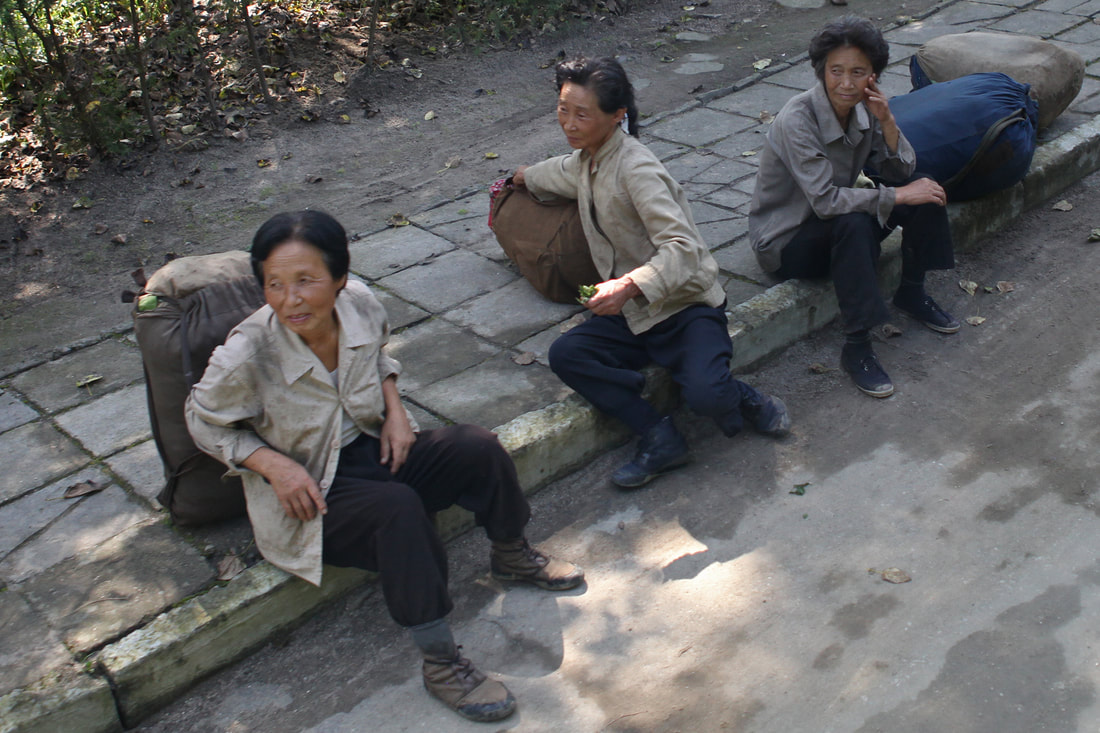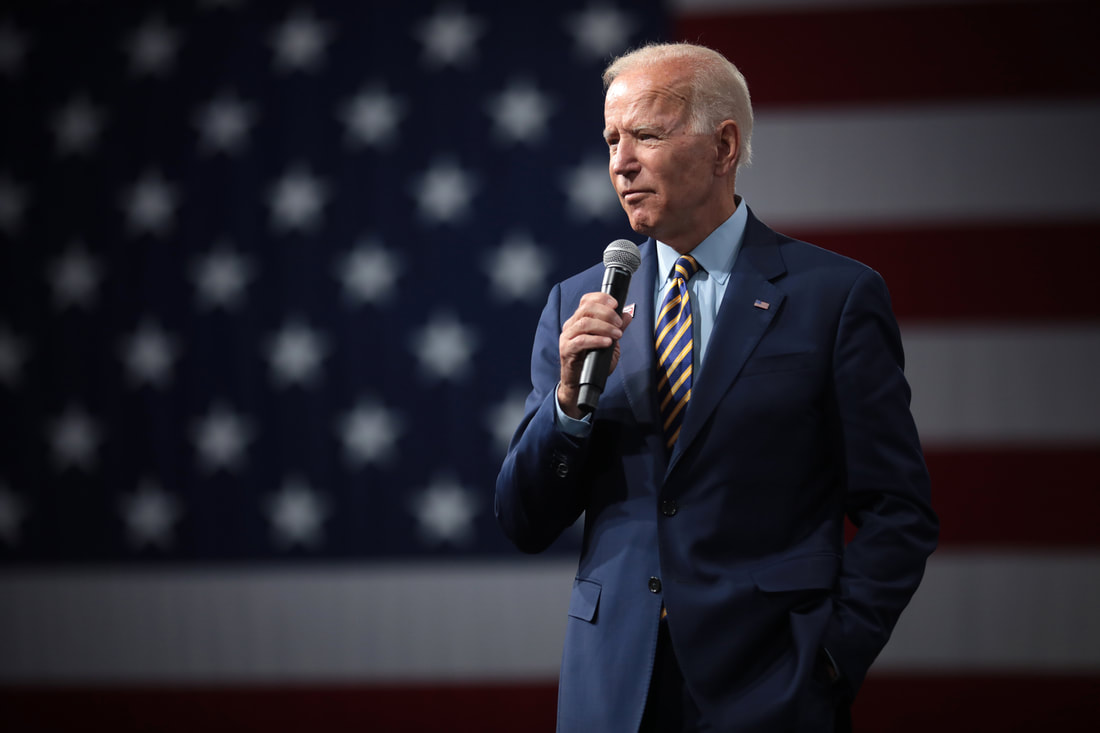|
Photograph Credit: Roman Harak
By Tristin Schultz, HRNK Research Intern Edited by Rosa Park, HRNK Director of Programs and Sophia Hapin, HRNK Research Intern March 12, 2021 The March of Suffering [고난의 행군] The dissolution of the Soviet Union in 1991 had an immediate effect on the economic sustainability of ideologically aligned nations, many of which were economically, politically, and militarily dependent on the formers Soviet Union. Subsequently, following the expiration of their previous caretaker, and in an effort to avoid total economic catastrophe, ex-allies Cuba and Vietnam fortified their economic resilience through a diversification of trade partners.[1] Conversely, Kim Il-sung and North Korea persevered with juche, or “self-reliance,” as the pièce de résistance of the regime. Consequently, from the erroneous emphasis on food self-sufficiency and perpetuated by an inability to effectively respond to exogenous supply shocks, emerged the Arduous March, a catastrophic famine in the 1990s that, by some estimates, led to the death of one million North Koreans or roughly five percent of the population.[2]
0 Comments
Photograph Credit: Gage Skidmore
By Jane Kuper, HRNK Research Intern Edited by Rosa Park, HRNK Director of Programs, and Sophia Hapin, HRNK Research Intern March 10, 2021 There is no doubt that President Joe Biden has inherited some of the most difficult policy issues in recent history. Although he may be focused on issues like coronavirus relief, racial injustice, climate change, and immigration reform, America’s relationship with North Korea is an area that urgently needs attention. President Biden is likely to take a more traditional role than President Trump regarding foreign relations, but how will he address the human rights abuses committed by the regime? |
DedicationHRNK staff members and interns wish to dedicate this program to our colleagues Katty Chi and Miran Song. Categories
All
Archives
June 2024
Categories
All
|


 RSS Feed
RSS Feed
